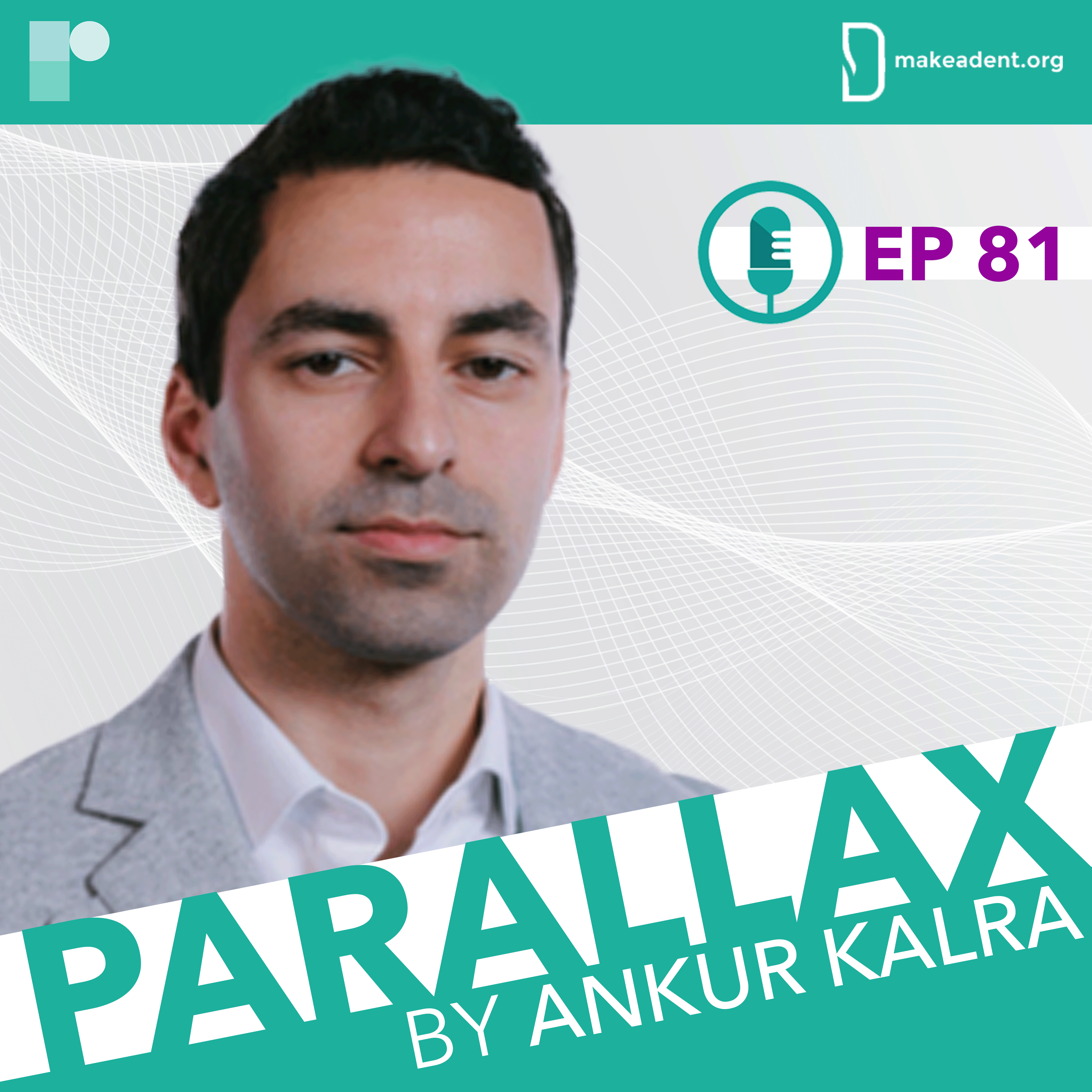
In 2017, Rohin Francis AKA Medlife Crisis uploaded a YouTube video titled “Leonardo da Vinci's theory about the heart was right”. This first video about how the heart valves close was watched by 412K people, garnering more than 700 comments from a diverse audience who connected to the subject with fascination, curiosity and humour.
This week’s guest on Parallax is Dr Rohin Francis, Consultant Interventional Cardiologist at East Suffolk and North Essex NHS Foundation Trust and prolific YouTuber.
Rohin believes that authenticity is one of the keys of his videos’ success. When asked about his journey to medicine he summarises: “I was being rebellious and ended up doing the most cliché job for an Indian possible.” He turns the table and asks Ankur what he think is behind the stereotype of the Indian cardiologist.
Rohin shares an advice that he received at the beginning of his career: “If you can deal with an average day, the exciting day will take care of itself.”
Ankur asks Rohin about Medlife Crisis and the work that goes into producing a show followed by 500K people. Rohin reiterates his passion for research and science communication. Ankur and Rohin discuss what it means to be yourself on social media and what is Rohin’s advice to our early-career listeners.
What is Rohin’s advice for aspiring creators? How does he balance his work and personal life?
Questions and comments can be sent to “podcast@radcliffe-group.com” and may be answered by Ankur in the next episode.
Guest: @MedCrisis, host: @AnkurKalraMD and produced by: @RadcliffeCARDIO.




This episode features a vascular neurologist and an interventional cardiologist who will discuss the relationship between their two fields of medicine.

In this rich and insightful discussion, Dr Kittleson talks about the origins of famous #kittlesonrules, a collection of tips for doctors shared on Twitter, and her thoughts on mentorship. We learn more about Mastering the Art of Patient Care. Dr Kalra and Dr Kittleson discuss strategies for managing difficult situations in patient care.

What do you need to know about hospital investigations? What is the difference between OPPE and FPPE? How can you get educated on hospital bylaws and processes?






